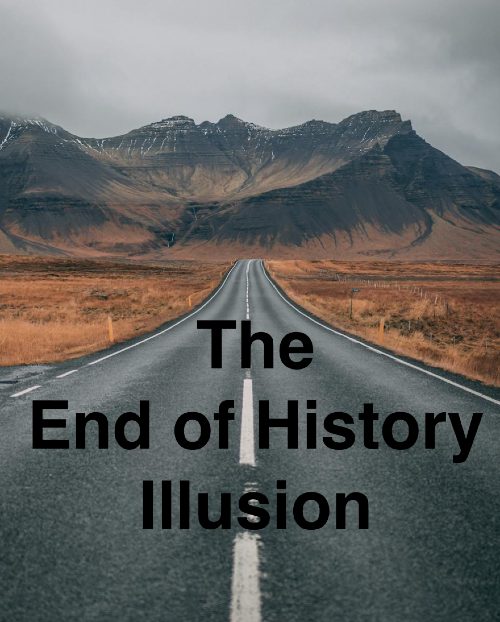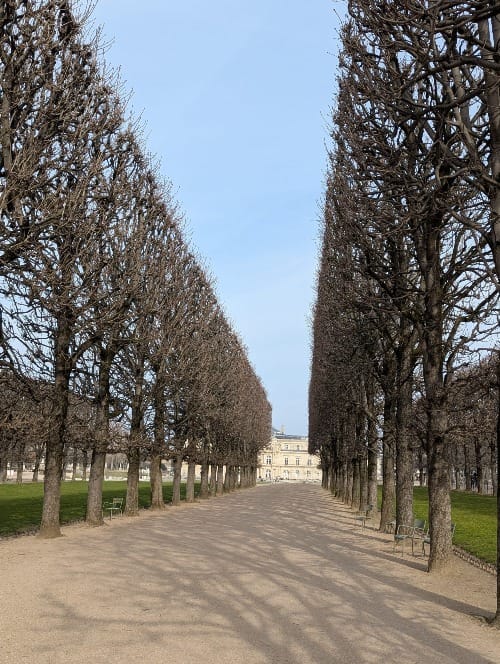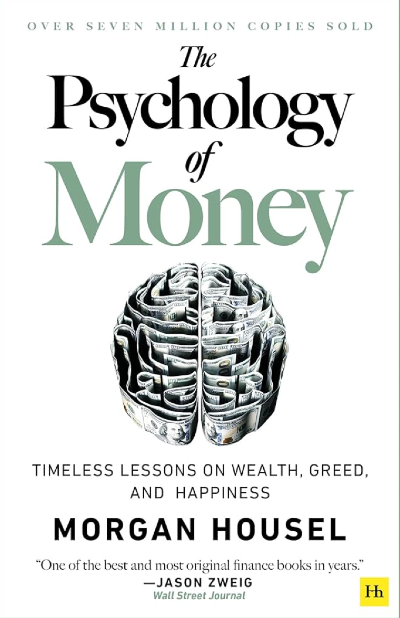The End of History Illusion

The End of History Illusion
Jordi Quoidbach, Daniel T. Gilbert, Timothy D. Wilson
The “end of history illusion” is a concept I took from a book recently. This study by the above researchers shows that people underestimate the extent to which their personalities, values, and preferences will change in the future. It suggests how people tend to overestimate the change that has already occurred and underestimate the potential change in the future.
This immediately struck a chord with me. I wanted to explore it because of how much I’ve grown over the last 10 years and how much I know I can grow in the next 10 years.
As someone focused on lifelong growth and learning, I was fascinated by this concept. And unfortunately, I’ve noticed this illusion in others.
- Do people just give up, not thinking they can change?
- Do we struggle to imagine what a future life could be like?
- Are we lazy in trying to get to that future life? Is it “too hard?”
- Once we “get there,” does it feel like we’d be betraying the work we did by moving the goalposts?
Some of those questions may be hard to sit with, but the sooner we address them, the sooner we can continue moving forward. It’s helpful to acknowledge that this bias exists, so we can move through it.
My view is you can’t simultaneously complain about your situation and subsequently choose not to do anything about it. It’s empowering to know that we can effect change within our lives without simply waiting for things to happen to us. Chances are, if you don’t do anything about it, nobody’s coming to help and nobody cares.
An alternative interpretation to this phenomenon is: it feels good to believe that we've evolved to our peak form. While this may be true, it's a very limiting bias.
The study admits “people may confuse the difficulty of imagining personal change with the unlikelihood of change Itself.” So, the way through this is to start writing! Start asking “what if?” and thinking through what you want out of life.
For me, I have changed significantly even since 22 years old - which isn’t a full decade that they evaluate in this study. I can note 3 distinct periods where my growth actually compounded and was exponentially greater than the previous period: 22-25, 26-27, 28. Now, a single year holds so many new experiences and opportunities for growth that continue to shape my life. Using that, I can look into the future with the expectation that growth continues exponentially.
Another great line in this study is: “History, it seems, is always ending today.”
Every day you have a chance to rewrite it for the better, so why not start today?
A few final thoughts on this concept:
- Growth mindset: focus on lifelong learning and growth and enjoy the process. We are constant works of art, never a “finished product.”
- Continue re-evaluating our goals and what we want out of life. Accept the fact that preferences and circumstances can change. It’s ok to have different seasons of life.




